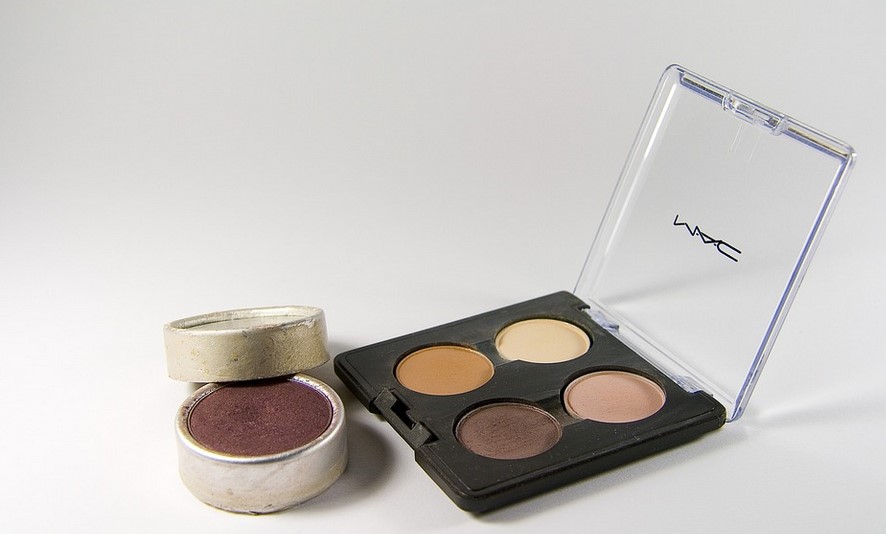Introduction
Bad breath is a common problem that affects millions of people worldwide. While it can be caused by a variety of factors, one of the most common causes is a yeast infection in the mouth. If your breath smells like yeast, it’s important to understand the underlying causes and take steps to address the issue.
What Causes Yeast Infections in the Mouth?
Yeast infections in the mouth are typically caused by an overgrowth of the Candida fungus. This fungus is naturally present in the mouth, but it can grow out of control in certain situations. Some of the common causes of yeast infections in the mouth include: – Antibiotic use: Antibiotics can kill the good bacteria in your mouth, which can allow the Candida fungus to grow unchecked. – Poor oral hygiene: If you don’t brush and floss regularly, food particles can accumulate in your mouth and provide a breeding ground for the Candida fungus. – Dry mouth: Saliva helps to keep the Candida fungus under control, so if you have a dry mouth, you may be more prone to yeast infections. – Weakened immune system: If your immune system is compromised, you may be more susceptible to yeast infections in the mouth.
Symptoms of a Yeast Infection in the Mouth
If you have a yeast infection in your mouth, you may experience a range of symptoms, including: – Bad breath that smells like yeast – White or yellow patches on the tongue, roof of the mouth, or inside of the cheeks – Soreness or redness in the mouth – Difficulty swallowing – Loss of taste – Cracking or redness at the corners of the mouth
How to Treat a Yeast Infection in the Mouth
If you suspect that you have a yeast infection in your mouth, it’s important to see a dentist or doctor for a diagnosis. They may prescribe antifungal medication to help eliminate the infection. Additionally, there are several things you can do at home to help prevent and treat yeast infections in the mouth, including: – Brush and floss regularly to keep your mouth clean and free of food particles. – Use an antifungal mouthwash or rinse to help kill off the Candida fungus in your mouth. – Avoid sugary and starchy foods, which can feed the Candida fungus and make the infection worse. – Stay hydrated to promote good saliva production and keep your mouth moist. – Consider taking probiotics to help restore the balance of good bacteria in your mouth and prevent yeast infections.
When to See a Doctor
If your bad breath persists even after treating a yeast infection in your mouth, it’s important to see a doctor. This could be a sign of a more serious underlying condition, such as diabetes or liver disease.
Conclusion
While a yeast infection in the mouth can be an unpleasant experience, it’s usually easily treated with antifungal medication and good oral hygiene practices. By taking steps to prevent and treat yeast infections in the mouth, you can help keep your breath smelling fresh and clean.

